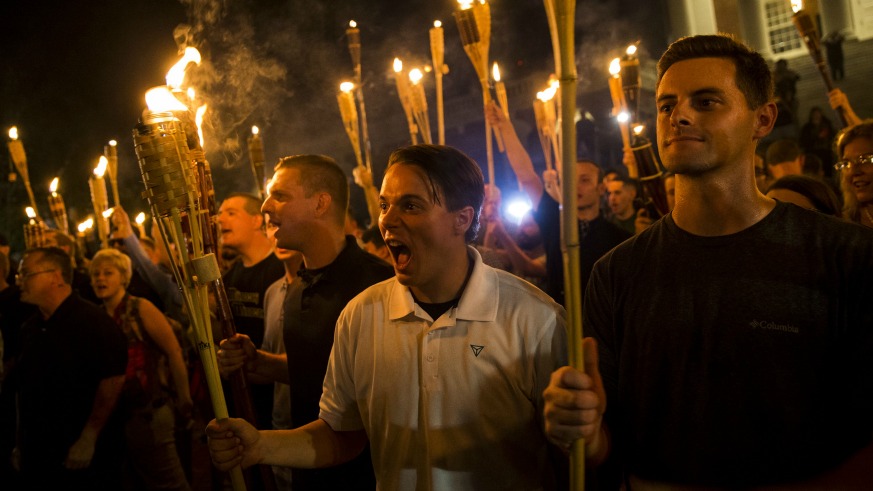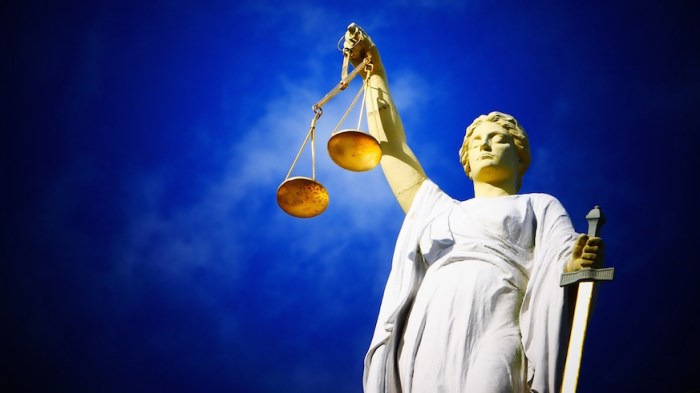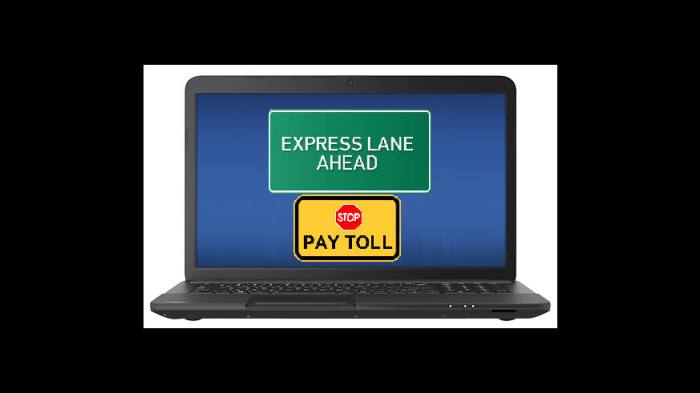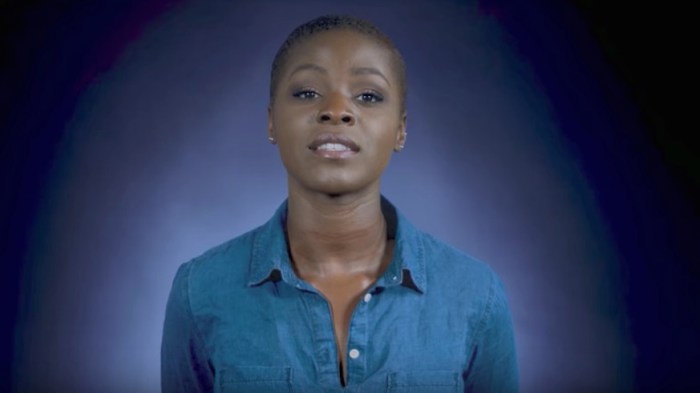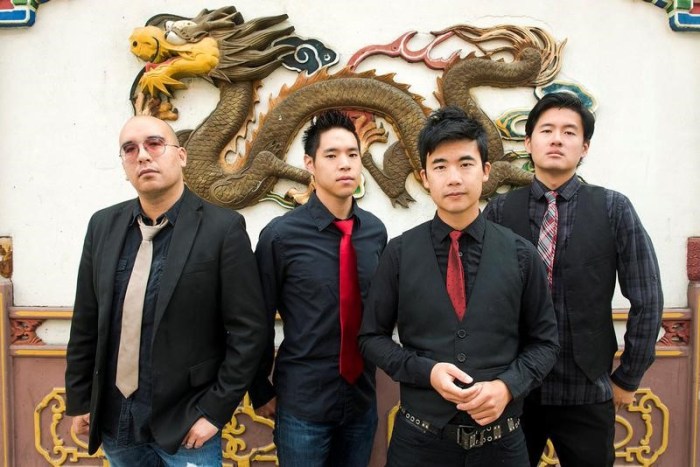First Amendment experts say that epithets and slogans chanted by white supremacists at Charlottesville last weekend may have crossed the line into unprotected speech, Vox is reporting.
In 1942, the Supreme Court ruled that “fighting words” are not protected under the First Amendment. The justices defined fighting words as “those which by their very utterance inflict injury or tend to incite an immediate breach of the peace.” General terms that are anti-Semitic and anti-immigrant don’t meet the definition, but some experts say that when right-wing demonstrators used “n**ger” and “faggot,” they can be interpreted as fighting words because a reasonable person could be expected to retaliate.
“The most extreme of last weekend’s outrageous utterances in Charlottesville would be easy to deem unprotected,” Robert O’Neill, a First Amendment scholar and former director of the Thomas Jefferson Center for the Protection of Free Expression at the University of Virginia, told Vox.
Some chants heard during Friday night’s rally included “One people, one nation, end immigration,” “Jews will not replace us” and “White lives matter.” But journalists reported hearing more specific epithets such as “Go back to Africa” and “F*ck you, faggots.” A HuffPost reporter captured the latter on video:
You heard that right. They’re chanting “Fuck you faggots.” 2017. #Charlottesville pic.twitter.com/pMwbSXZ3wW
— Christopher Mathias (@letsgomathias) August 12, 2017
Those may not be protected forms of speech. “You could make the case that it was an insulting epithet, obviously a slur and racist comment that would provoke someone to retaliate,” said Caroline Mala Corbin, a constitutional law professor at the University of Miami.
Slogans shouted at public demonstrations can muddy the waters, because demonstrators could contend that their slurs weren’t directed at a particular person, but “Most fighting-words cases involve one-on-one, face-to-face insults,” said David Hudson, a First Amendment expert and law professor at Vanderbilt University.
Several court cases offer precedent, reports Vox: In 2001, a man called a woman the n-word and threw an empty soda can at her in public; an Arizona appeals court found this was not protected speech. In 2003, a Wisconsin court made the same ruling after a woman on a nude beach was called a “whore,” “harlot” and “Jezebel.”
In 2010, a North Dakota court ruled against a teen who called a black girl the n-word at a dance and again at a restaurant. The defendant’s attorney argued that saying the n-word was not a crime. Although the First Amendment protects use of the epithet, said the court, “an objectively reasonable person would find the totality of [the defendant’s] statements constituted explicit and implicit threats that were likely to incite a breach of the peace or violent reaction and alarm the listener.”

